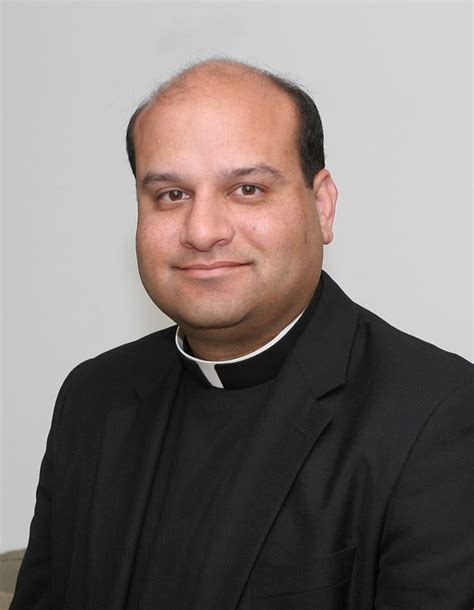A Quote by Lee Strobel
Learning about the intellectual basis for Christianity bolsters the faith of Christians-espe cially those who may be experiencing doubts-and prepares them to share Christ with others.
Quote Topics
Related Quotes
Learning to read and write makes little sense if you don't understand what you're reading and writing about. While we may have forgotten, most of our early learning came not from being explicitly taught but from experiencing. Kids aren't born knowing hard and soft, sweet and sour, red and green. When the child experiences those things, s/he transforms them into psychological understandings. When kids play with other kids, they learn about others and about themselves. Learning the basics of our physical and social reality is what early childhood is all about.
Our churches are filled with Christians who are idling in intellectual neutral. As Christians, their minds are going to waste. One result of this is an immature, superficial faith. People who simply ride the roller coaster of emotional experience are cheating themselves out of a deeper and richer Christian faith by neglecting the intellectual side of that faith.
As for Christianity's alleged concern with truth, Christian faith is to free inquiry what the Mafia is to free enterprise. Christianity may be represented as a competitor in the realm of ideas to be considered on the basis of its merits, but this is mere disguise. Like the Mafia, if Christianity fails to defeat its competition by legitimate means (which is a forgone conclusion), it resorts to strong-arm tactics. Have faith or be damned - this biblical doctrine alone is enough to exclude Christianity from the domain of reason.
Christianity is not a matter of persuading people of particular ideas, but of inviting them to share in the greatness of Christ. So pray that I may never fall into the trap of impressing people with clever speech, but instead I may learn to speak with humility, desiring only to impress people with Christ himself.
Christians can not truly evangelize unless they are prepared to be evangelized in the process. In sharing the good news, people are enriched by the spiritual insights, honest questions and depth of devotion demonstrated by those of other faiths. Including others involves listening to them, learning from them. Much of what exists in other faiths may not necessarily be hostile to the kingdom. Christians can learn a lot from other walks of life.
Let me make it quite clear that when Christians say the Christ-life is in them, they do not mean simply something mental or moral. When they speak of being "in Christ" or of Christ being "in them", this is not simply a way of saying that they are thinking about Christ or copying Him. They mean that Christ is actually operating through them; that the whole mass of Christians are the physical organism through which Christ acts--that we are His fingers and muscles, the cells of His body.
In restating this basic Christian doctrine, Benedict argues that it is not only for Christians alone. Others may not share the Christian faith in God, but the Christian proclamation that hope comes from within the person- in the realm of faith and conscience - is for them too. It offers an important protection against stifling and occasionally brutal social systems built on false hopes that come from outside the person, founded on political idealogies, economic models and social theories.
Fear is not at the heart of Christianity nor of our nation. The very essence of Christian faith lies in forgiveness. Christians believe that Jesus died so we may live. He took upon himself our sins so that we may be forgiven and thereby gave us a model of forgiveness for others. This is a cycle that allows civility and progress in the face of man's faults and imperfectability.
Christianity is not a new philosophy or new morality. We are Christians only if we encounter Christ... Only in this personal relationship with Christ, only in this encounter with the Risen One do we really become Christians... Therefore, let us pray to the Lord to enlighten us, so that, in our world, he will grant us the encounter with his presence, and thus give us a lively faith, an open heart, and great charity for all, capable of renewing the world.
If thy faith have no doubts, thou has just cause to doubt thy faith; and if thy doubts have no hope, thou hast just reason to fear despair; when therefore thy doubts shall exercise thy faith, keep thy hopes firm to qualify thy doubts; so shall thy faith be secured from doubts; so shall thy doubts be preserved from despair.

































